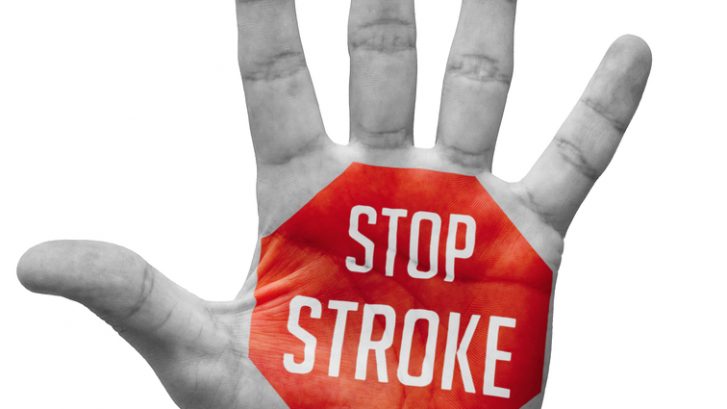- Empty cart.
- Continue Shopping
The Role of Diet in Stroke Prevention

Stroke, a leading cause of disability and mortality worldwide, often results from a combination of genetic and lifestyle factors. Among these, diet plays a pivotal role in either exacerbating or mitigating the risk.
The Impact of Nutrition on Vascular Health
1. Controlling Blood Pressure
Hypertension is a primary risk factor for stroke. A diet rich in fruits, vegetables, and whole grains, and low in sodium and saturated fats, can help regulate blood pressure levels, reducing the risk of stroke.
2. Managing Cholesterol Levels
Elevated levels of LDL cholesterol can lead to atherosclerosis, a major precursor to stroke. A diet focused on unsaturated fats, soluble fiber, and plant sterols can effectively lower LDL cholesterol, safeguarding against stroke.
Essential Nutrients for Stroke Prevention
3. Omega-3 Fatty Acids
Found in fatty fish, flaxseeds, and walnuts, omega-3 fatty acids have anti-inflammatory and antithrombotic properties. These components promote healthy blood flow and reduce the likelihood of clot formation, crucial factors in stroke prevention.
4. Antioxidants
Abundant in colorful fruits and vegetables, antioxidants combat oxidative stress and inflammation. By protecting cells from damage, they contribute to a healthier vascular system, reducing the risk of stroke.
5. Potassium
This essential mineral, abundant in foods like bananas, oranges, and leafy greens, counterbalances the effects of sodium, helping to maintain healthy blood pressure levels.
6. Folate and B Vitamins
Crucial for homocysteine metabolism, folate and B vitamins play a role in preventing the build-up of this compound, which has been linked to an increased risk of stroke.
Harmful Dietary Habits to Avoid
7. Excessive Sodium Intake
A high-sodium diet can elevate blood pressure levels. Limiting the consumption of processed foods and opting for fresh, whole foods can help maintain optimal blood pressure, reducing the risk of stroke.
8. Trans Fats and Saturated Fats
These fats, prevalent in processed foods and fatty meats, contribute to atherosclerosis and elevated cholesterol levels. Choosing lean proteins and healthier fat sources like avocados and olive oil is crucial for stroke prevention.
9. Excessive Sugar Consumption
A diet high in added sugars has been associated with obesity and diabetes, both of which are significant risk factors for stroke. Prioritizing whole, unprocessed foods over sugary snacks is essential for vascular health.
Dietary Patterns and Stroke Prevention
10. The Mediterranean Diet
Emphasizing fruits, vegetables, whole grains, and lean proteins, the Mediterranean diet is rich in nutrients that promote heart and vascular health. Its emphasis on healthy fats, such as olive oil and fatty fish, further contributes to stroke prevention.
11. The DASH Diet
Dietary Approaches to Stop Hypertension (DASH) is specifically designed to lower blood pressure levels. It emphasizes a balanced intake of nutrients, with a focus on potassium-rich foods and reduced sodium intake, making it a powerful tool in stroke prevention.
In Conclusion,
Adopting a balanced and nutrient-dense diet is a formidable strategy in the prevention of stroke. By prioritizing whole, unprocessed foods and avoiding dietary habits that contribute to vascular risk factors, individuals can significantly reduce their likelihood of experiencing this debilitating condition. Remember, your dietary choices have the power to nourish not only your body but also your vascular health, leading to a life of vitality and well-being.








